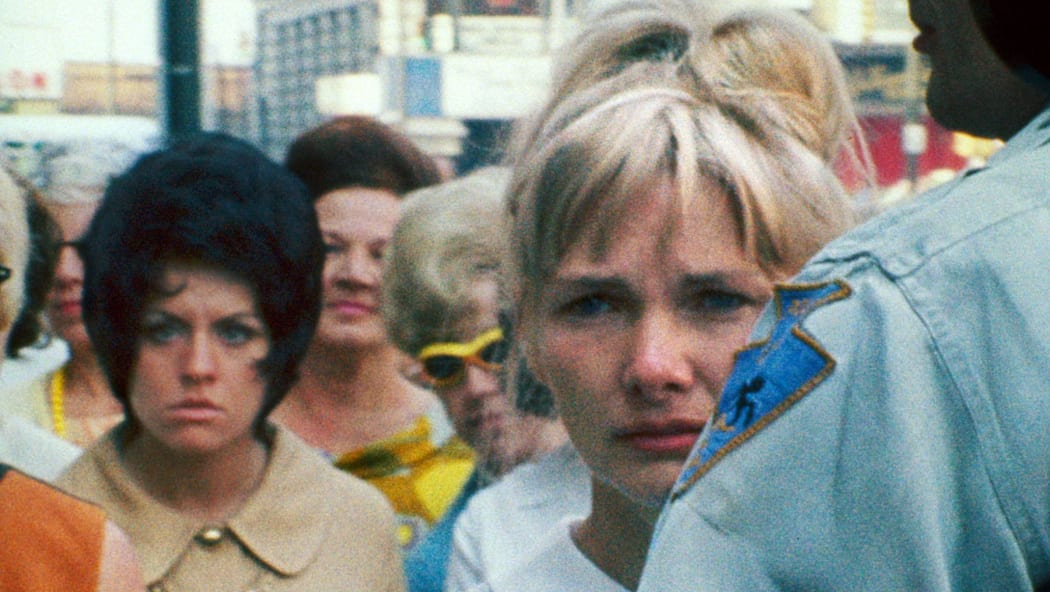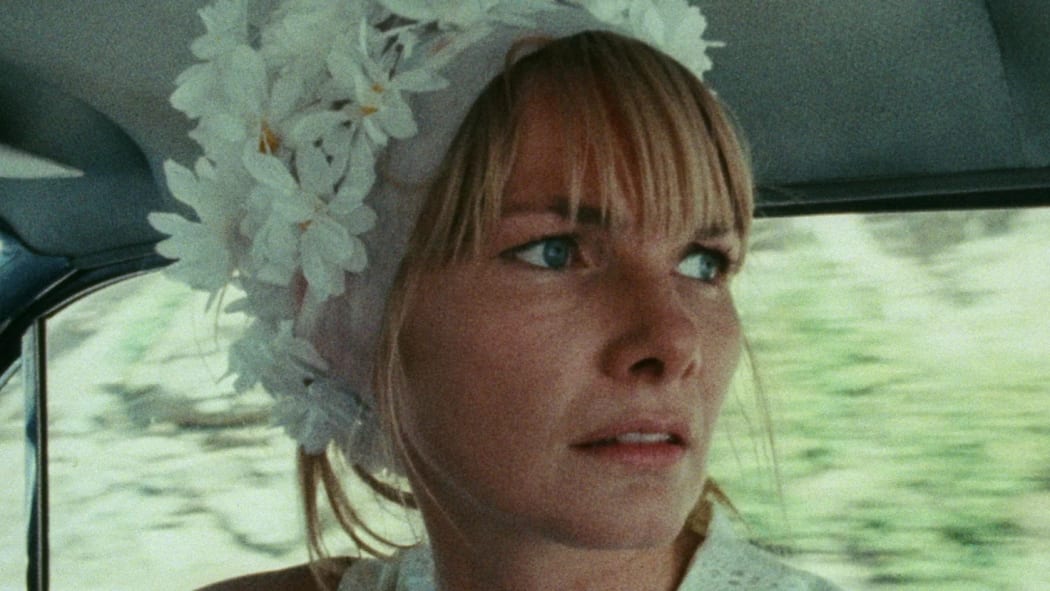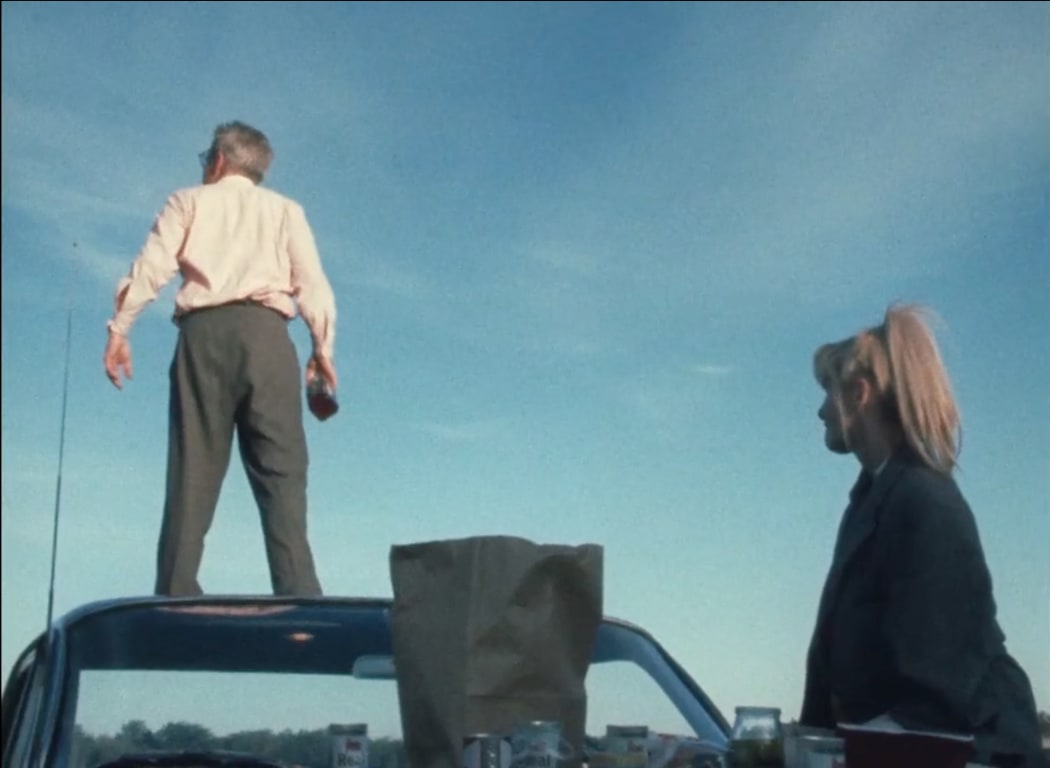At 48th-equal in the latest Sight & Sound 50 Greatest Films list, Wanda is the first bolter, says Dan Slevin.

Photo: Criterion
One of the big winners in the ten years between Sight & Sound Greatest Films polls is Barbara Loden’s Wanda from 1970. Back in 2012, Loden’s film was largely forgotten. Despite winning the International Critics’ prize at Venice in 1970, it failed to win national distribution and it was only through some good fortune that the original 16mm materials were saved from landfill after a purge by Eastman Kodak in 2007. Thanks to that, the film was restored and once again screened at festivals – and increasingly online – so that it could be reassessed.
Wanda’s position also benefits from the expansion of the voting panel that occurred in the ten years prior to 2022. More critics were invited to take part, from more places, meaning the group had many more younger, female voices.
Like many of the titles in the Top 50, Wanda is not an easy watch nor was it intended to be. Shot by a skeleton crew on location around the American rust-belt, in towns with names like Carbondale, it’s a road movie (a great American tradition) but from a very different perspective.

Photo: Criterion
Watching it you might be forgiven for thinking that it’s a classic piece of indie underground guerrilla film-making if it wasn’t for the fact that Loden was already stage and screen actor of some renown, and also married to Hollywood directing royalty – Elia Kazan of On the Waterfront fame. Despite all of Loden’s challenges in getting the film made, there’s a kind of privilege there too.
Loden herself plays the title character, a young woman who abandons her marriage and her children but with nothing and nobody to go to. From this distance, it’s clear that she is depressed – the kind of person that has no choice but to sit in a bar in the middle of the day or fall asleep in an afternoon movie screening than grapple with life. In fact, she sleeps a lot in this film. There are several scenes where she is woken just as something unwanted is about to happen – the businessman she has had afternoon sex with sneaking out of the motel or waking in the movie theatre to discover that her purse has been stolen.
She stumbles on the robbery of a bar (but in typical fashion she doesn’t realise this is what is happening until after the fact) and finds herself unwittingly connected to the petty thief Mr. Dennis (Michael Higgins, the only other professional actor in the film) and she joins him on the run as he plans a big bank heist.
It’s only a couple of years since Warren Beatty and Faye Dunaway changed American cinema with Bonnie and Clyde and Wanda is like the gritty opposite of that film – there is no excitement or glamour about Wanda and Mr. Dennis and there’s certainly no great love affair between them.
The film is as aimless as Wanda herself – the improvised dialogue is repetitive and dreary, the grainy cinematography serves only to remind you how grim working class life in the 1970s was. Wanda is mistreated or ignored by everyone around her – especially the men – until she finally reaches a moment where she stands up for herself, the only result of that being she ends up alone once again.

Photo: Criterion
Wanda is an important film, historically speaking, and the circumstances of its production, disappearance and ultimate re-emergence make it essential viewing, especially if you have an interest in feminist film.
It certainly has a point of view that would be unlikely from a male filmmaker to say the least. And the connective tissue between Wanda and the number one film in the poll – Jeanne Dielman, 23 quai du Commerce, 1080 Bruxelles – is unmistakeable. Wanda ran, you might say, so that Jeanne Dielman could walk.
But is Wanda the 48th (equal) best film ever made? My wife and I both scratched our heads at that.
Barbara Loden died in 1980 of breast cancer at the age of 48. Wanda is the only feature film she directed.
Wanda is one of the more difficult to find titles in the 2022 Top 50, at least from New Zealand sources. Aro St have it on Region 1 DVD (and VHS) but there’s no one else that has it on physical media. At time of writing, it’s not available to rent from Apple or any of the other legit digital rental outlets here. Criterion have produced a Region A Blu-ray which can be imported and played if you have the right kind of payer. The Criterion Channel US streaming service has an HD version available if you know how to get around all the region shenanigans.
Dan Slevin is spending 2023 watching each of the Top 50 Greatest Films of All Time (according to the BFI/Sight & Sound magazine).

